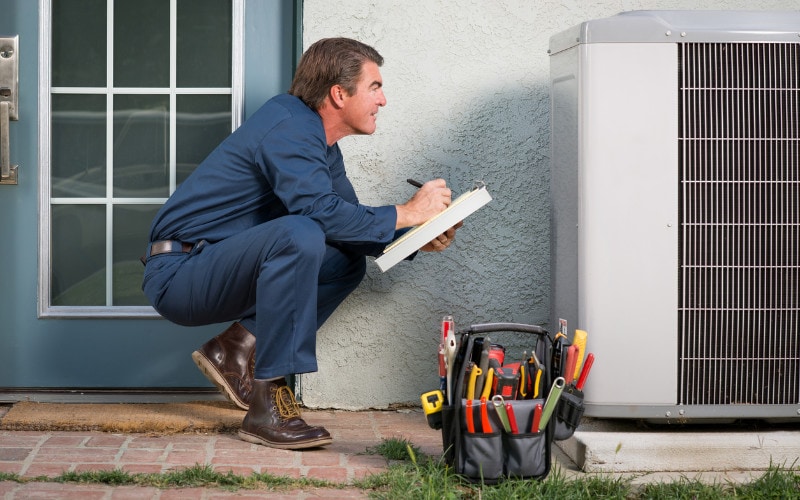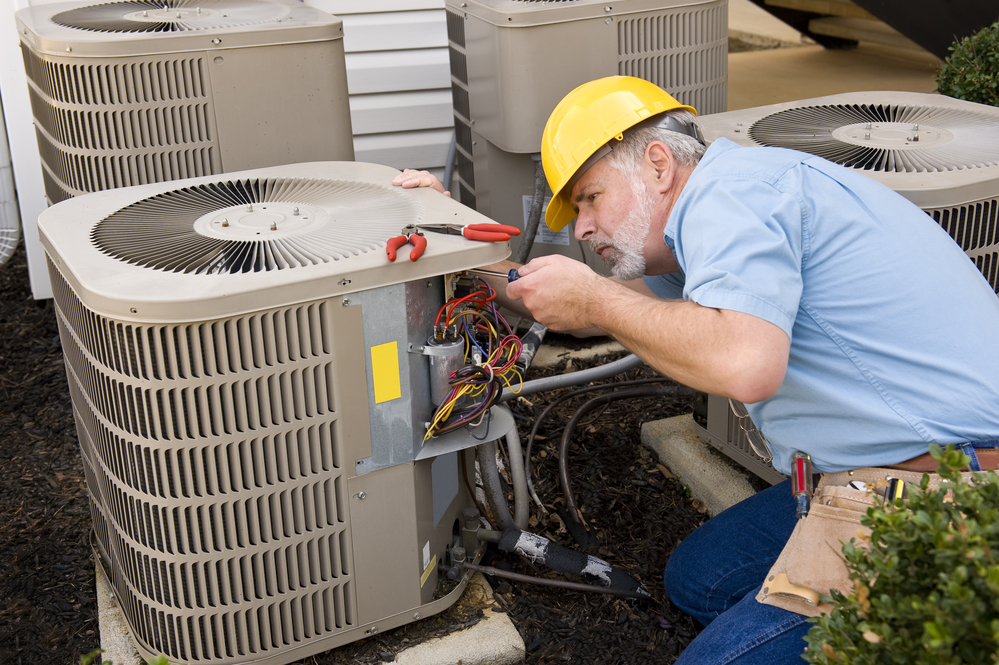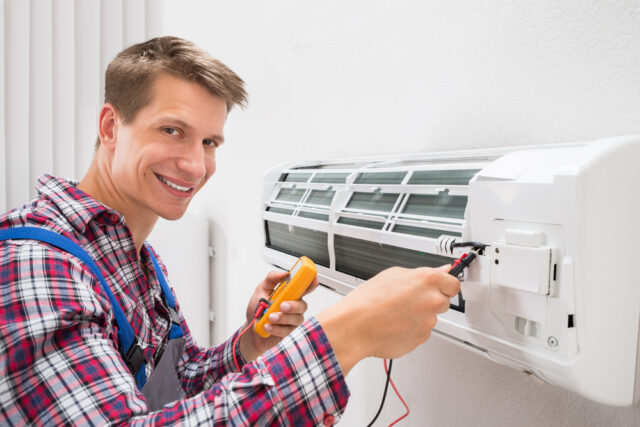Not every AC repair service will be a good fit for your home, regardless of whether you are looking to fix something minor or get a brand new system installed in your home. The more important question that you should be asking yourself is what makes one company better than another, and how do you know which company to choose? In this article, we’ll be exploring the question of what makes an expert AC repair service, and why that’s so important to your home comfort and your wallet.
If you require additional information please click “visit this site” to learn more about AC repair services.
An Expert Inspection

A professional technician should take a look at your air conditioning unit to determine if it is working efficiently. This will mean a detailed inspection of your entire system, including any ducts and vents that may have issues or are in need of replacement. If everything looks like it’s in good shape, you can breathe a sigh of relief—but there’s still more that needs to be done!
Technicians should listen to the customer. There’s a reason they were called in the first place. The problem may be more serious than suspected if your air conditioner goes out during one of those sweltering days, so listening and paying attention to what has gone wrong can lead you directly toward resolving it. Ultimately, though, there’s no substitute for expertise. An expert technician will be able to tell by looking at your system whether it needs repair or replacement—and also determine how quickly that repair or replacement should happen.
An In-Depth Assessment
The first step to expert air conditioning repair or replacement starts with a detailed assessment of your unit. In some cases, an expert may recommend that you repair your current unit; other times, it’s more cost-effective to install a new one. An experienced technician can determine which option is best for you.
He or she can inspect your unit to identify problems and suggest solutions. A trained technician will assess your home’s climate, determine how much cooling power it needs, and look for signs of damage that may indicate a failing system. Also, they’ll consider things like window orientation and insulation levels when evaluating your system’s performance. All of these elements go into their analysis to help them provide you with a plan to repair or replace your air conditioning unit if necessary.
Suggestions for Repairs

Once they’ve identified which parts of your system aren’t working properly, it’s time to make a plan for repairs. An expert will be very familiar with the parts and services. They should be able to provide different options for good, better, or best quality. If you have any other questions as well, ask away! Technicians go through tons of training to get certified so if you wonder what causes a certain noise or how your system works, ask away!
Once you’ve established what kind of repair your system needs, it’s time to establish a timeline for when those repairs will be made. Some issues will require small repairs that can be performed in a matter of hours while others will take longer. Your technician should let you know how long they expect any given service call to take as well as any additional costs associated with extended timelines. If they can’t provide a timeline and cost estimate, it might be best to choose another service provider instead.
Replacement Suggestions
If your air conditioner’s been older than ten years or has had several repairs in a short period of time, it might be nearing its expiration date. It’s important to determine whether replacing your unit or repairing it would be a more sensible decision. Replacing your A/C will likely require hiring a contractor who will come to your home, remove and dispose of your old unit, and install a new one for you.
When replacing your unit, you have a number of different options to consider. For example, would you like a ductless mini-split system or a traditional central air conditioner? Do you want a whole-house air conditioner or one that works just in certain rooms of your home or business? If so, what areas do you need to be covered and what size should your new unit be to work optimally for each space it cools?
Experts will be able to assess your situation and provide you with some of the best options on the market. There are a number of potential benefits that may come from replacing your current air conditioner. If you have an older model that’s nearing its expiration date, it may not have all of the bells and whistles as newer units do – potentially leading to increased energy usage over time. Replacing your unit’s price tag may seem scary, but you may quickly recoup some of that expense in your utility bill savings.
Warranties

When it comes to air conditioning repair, looking for companies that offer warranties or guarantee their work isn’t a bad idea. After all, if they do fix your system at a reasonable price, you don’t want it to break again in just a few months. There are other reasons, however. Air conditioning systems are complicated—but of course, necessary—so having someone who specializes in them might be worth paying extra for if not already included in the service. If you hire a professional with experience, they should have some form of warranty available.
Payment Options
According to Home Advisor, it typically costs between $5,000 and $10,000 to replace an HVAC system. It can obviously be much higher depending on your needs and much lower if it’s a simple repair. No matter what your situation is, an expert HVAC company should be able to provide you with multiple payment options.
You may be able to pay for your entire HVAC system in one go, or perhaps you’d prefer a monthly payment plan that spreads out your investment over time. It’s up to you and whatever makes you most comfortable. You should also make sure your repair or replacement service offers warranties so that if there are any problems with your new unit, they can fix it at no additional cost to you.







